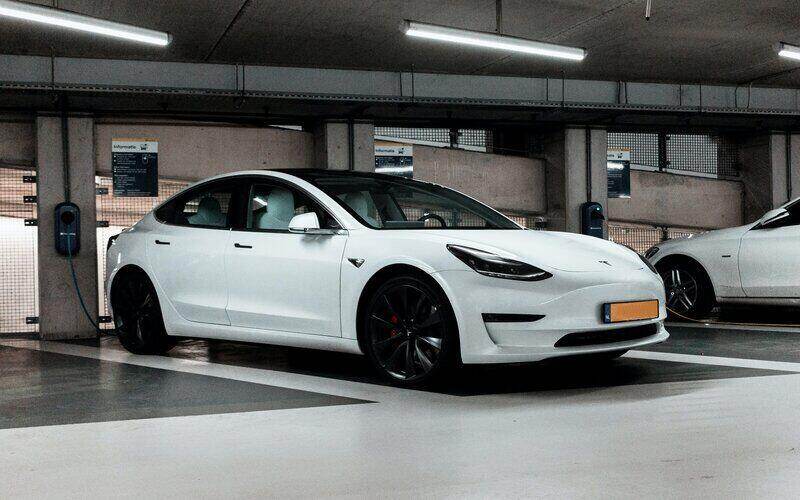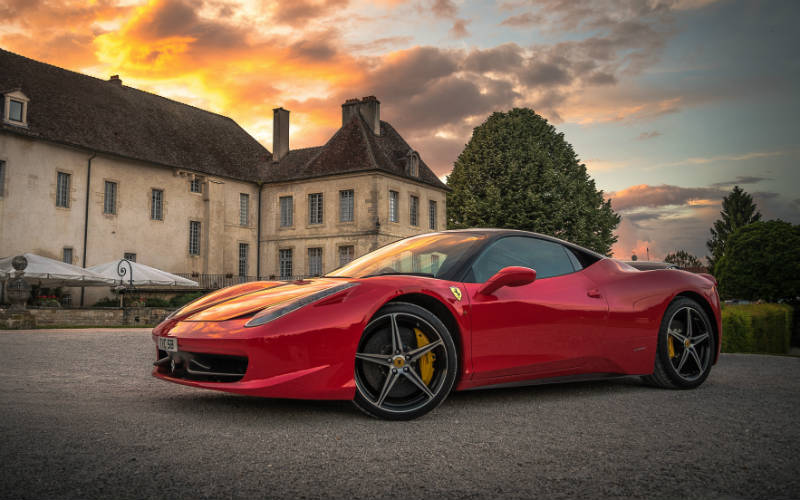Mr Bowen says the Government is taking on board suggestions from the automotive industry about how the efficiency standards should be rolled out.
"What we are doing is making sure we have listened...to [those] who say, listen, we agree with what you are doing, here's an idea about how you [can] make it a bit easier for us, of course we are going to listen to that, we're taking those issues on board," he told 9News on Monday.
New Vehicle Efficiency Standards (NVES) will introduce a cap on the amount of emissions across the entire fleet of cars a manufacturer can bring to Australia.
Manufacturers can still sell heavy emission vehicles, but will need to offset these sales by more environmentally friendly cars or risk a fine.
The Federal Chamber of Automotive Industries (FCAI) has urged the Government to "reconsider the timing, structure, and trajectory" of the proposals, amid concerns the price of utes and 4WDs could be driven up.
However, Tesla and Polestar have resigned from the leading industry lobby in protest over its opposition to NVES.
In a letter to CEO Tony Weber and the other FCAI Directors, Tesla said the lobby was making "false and misleading comments" about how much consumers can expect prices to change in response to the NVES.
"The FCAI has misled consumers by claiming that entire models of vehicle will incur specific penalties that are passed on to consumers, when in fact the FCAI have selected the most polluting variant of that model," Tesla Australia wrote.
"Considering these concerns, Tesla will cease to be members of the FCAI at the end of the 23/24 financial year."
NVES: What to know
As it stands, the new standards will start in 2025, and will be rolled out gradually with the CO2 output limit reduced each year.
Along with Russia, Australia is the only developed economy where these standards don't already exist, and proponents say it will stop Australia being a "dumping ground" for manufacturers' most inefficient vehicles.
"Australia has always been at the back of the queue when it comes to the best and cheapest electric vehicles because car makers have been incentivised to offer them elsewhere first," Electric Vehicle Council CEO Behyad Jafari said.
Minister Bowen said more fuel efficient vehicles will mean thousands of dollars worth of savings for Aussies at the fuel pump.
"The more you drive, the more you save," he said.
"The average is about $1,000, but if you're in Gosford or the Blue Mountains in NSW you're at $1,600 per year, or in the Macedon Range it's $1,900 a year, so there's some pretty good savings to be had if people choose to take the more efficient model, and we want to give them more choices."
The concern from the FCAI is the enduring popularity of emission heavy vehicles in Australia, with utes making up more than 20% of all new cars sold in February.
The federal opposition has called NVES a "war on tradies," with Shadow Minister for Transport Bridget McKenzie saying the Government is not considering the preferences of everyday Australians.
"Australians love their utes and SUVs and will not thank a government that forces them to drive less powerful cars that cannot meet performance expectations," she said.
The FCAI has projected significant price increases for Aussie fan favourites like the Ford Ranger, but in its open letter, Tesla said these projections were "demonstrably false".
"FCAI’s claims appear to be based on a simplistic and false calculation: where a vehicle (or a selectively chosen variant of the vehicle) is over or under its mass-adjusted CO2 target under proposed standards, the FCAI multiply this difference by $100 per gram of CO2, which is the proposed penalty price," Tesla wrote.
"The FCAI then claims this will be the price increase or decrease for consumers. This is not how the NVES works."
Picture by Charlie Deets on Unsplash
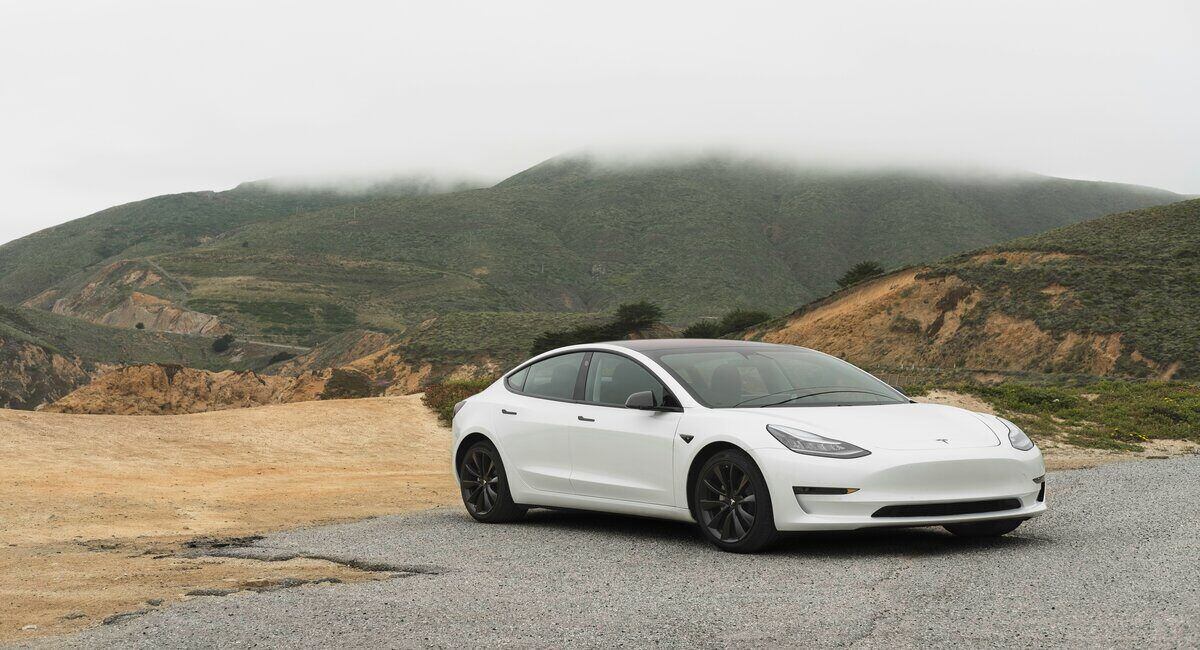


 Denise Raward
Denise Raward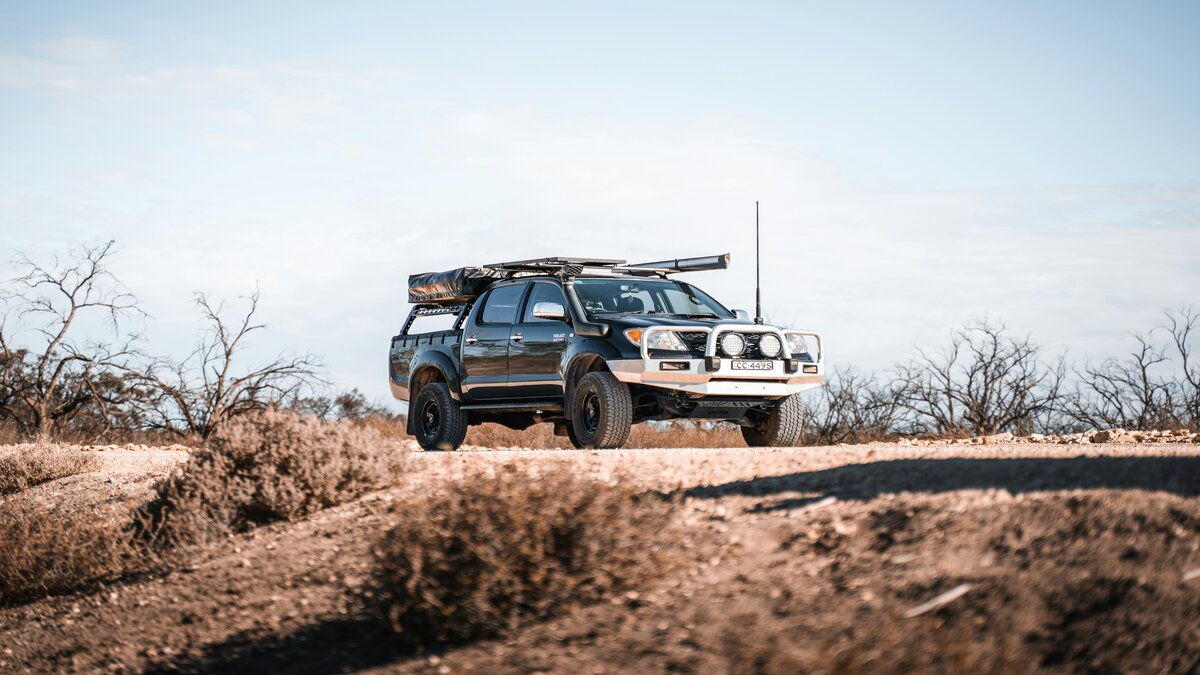
 Harry O'Sullivan
Harry O'Sullivan
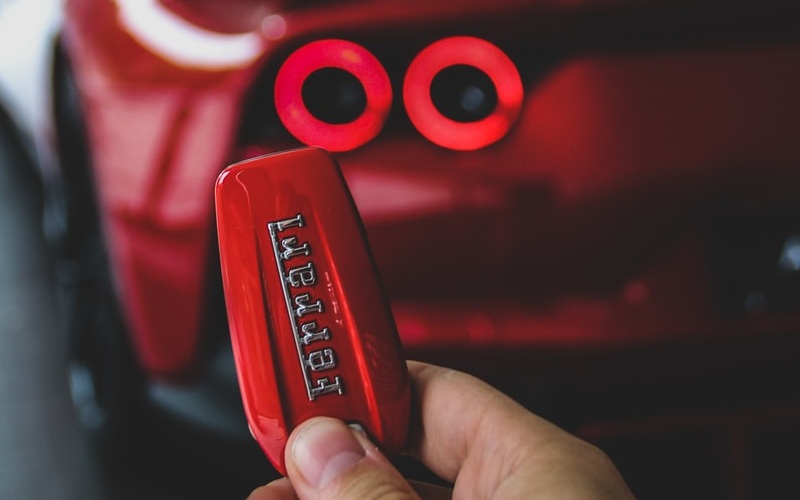
 Harrison Astbury
Harrison Astbury

